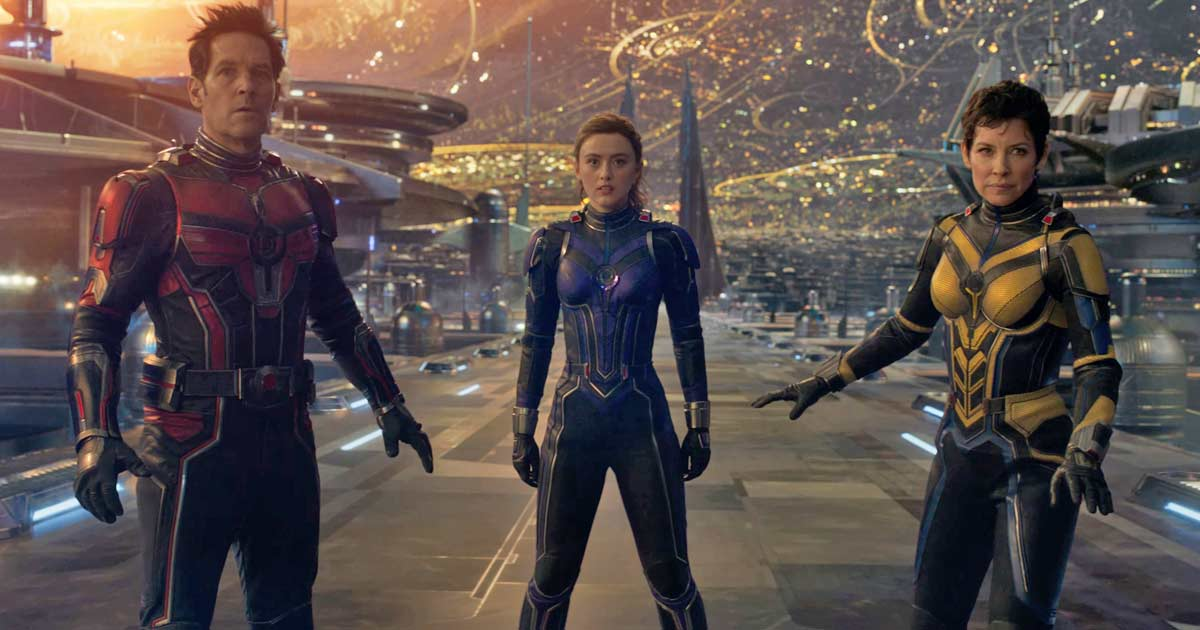Babylon Review: An overly ambitious, mostly effective swing at the duality of Hollywood
We see through the eyes of Manny, (played by Diego Calva in a break-out role for the young actor) an employee of big-shot producer Don Mallach whose house parties are full of debauchery. In the midst of a golden shower, public intercourse and a live elephant, Manny meets Nellie (played by Margot Robbie in an unsurprising dynamic performance) where they share their hopes and dreams for the Hollywood industry.
In these moments, characters get big monologues filled with heavy-handed sentiments about the magic of films. With Chazelle’s touch of whimsical flair, these scenes find a place in the heart to bear some emotional merit within the sprawling three-hour epic alternating between nightmare and daydream. The execution of this contradiction can sometimes be enthralling. Fantastic movie miracle sequences such as getting the final shot in before the sun sets through a goose chase to find a camera are shown their dark mirrors of unnecessary deaths of crew members on the same day. Within one day on set, there is utter chaos full of life and death, beginnings and endings, a major theme of Hollywood that Chazelle portrays in delightful fashion.
When Chazelle isn’t showing off his technical prowess and blatant, but enjoyable odes to directors like Martin Scorsese and Paul Thomas Anderson, the character moments feel mediocre like finishing a jump and hurting an ankle on the landing. In its ambitions, the “Whiplash” director bites off more than he can chew relegating the film’s spectacle and audacious swings at the self-conflicted Hollywood identity as the film’s main highlights.
The main reason for this mediocrity is it feels like this cast of characters can’t break out of their shells fully, and the film’s second half fumbles with how to give proper finishes. Silent film star Jack Conrad (in an understated Brad Pitt performance that he’s perfected) has a tragically captivating journey that Chazelle takes you away from so you can't fully sink your teeth into his arc. This tonal whiplash (pun not intended but I'm glad it's here) never makes the film boring, but can make it tiring and excessive. Another film that tackles excess is "The Wolf of Wall Street," but Scorcese used it as its highlighted form of entertainment and messaging instead of taking the ‘jack of all trades, master of none’ approach that Chazelle has done. Excess, racism, sexism, legacy, Hollywood party culture and more get their limited time to take the spotlight before being shooed off to exist nowhere. Moreover, moments where Chazelle injects his Hollywood-toiled romance tendencies featuring Nellie and Manny, accompanied by a sticky, charming score by Justin Hurwitz, buckle under the weight of all of these themes and ideas.
The middle hour is where the film shines, but the final hour has only faint glimmers of an effect that gives it an unforgettable quality no movie has matched. Only faint glimmers because of its jarring switches between the meditative, dire looks at Conrad, Lady Fey (played by Li Jun Li), and jazz musician Sidney Palmer (played by Jovan Adepo) and Manny’s sudden nightmarish acid trip involving a random (not a productive type of random) appearance by Tobey Maguire that is more a salute to “Boogie Nights” than an actual contribution to the plot. When scenes worked in succession as self-contained vignettes, the film was gold, but the third act’s sloppiness in trying to juggle these experiences hinders the true greatness it could achieve. Chazelle uses Manny to springboard off to an ensemble of characters where he can charter everyone’s journey from silent films to talkies but there simply isn’t enough time to accommodate everyone in a satisfying direction. A mini-series could corral these character pieces onto an equal playing field with a more dazzling poignancy than what is presented here.
Every Chazelle film imprints the audience with an emphatic catharsis in its final scene. “Whiplash” permanently glued the eyes to the screen while “La La Land” provided an honest look at the costly beauty of fulfilling your dreams. “Babylon” tries to find a place between those two with the unexpected third ingredient of the multi-sensory climactic filmmaking that gives Manny, the man that began the film, get a sincere finality to his character. His revelation plays out as if Chazelle created a bafflingly ballsy short film as a coda. A revelation that there is the beauty behind the madness, and a necessary madness behind the beauty as well. In the end, maybe it's best not to figure out which one matters more and remember why we enjoy seeing films in the first place.
Rating: 3.5/5
- Sam Lillianthal




Comments
Post a Comment